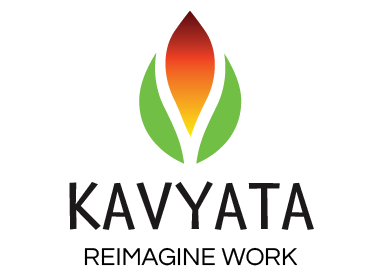
07 Feb Re-Invent Yourself for the Future of Work (Part 1)
This is part 1 of a 2 part series on preparing for the Future of Work, Transitions and Re-inventing oneself.
If there’s one phrase which has caught the imagination of people from every walk of life – students, professionals, CEOs, policymakers, entrepreneurs, in the last couple of years, it is the FUTURE OF WORK. An astonishing quantity of research has been published about the impact of automation on jobs, the changing mix of occupations and skills, the need to continuously reskill and upskill, the challenges of income disparities and the need for a major overhaul of the education system in the wake of the Future of Work.
Of course all of the above are important areas of consideration and need to be assimilated and brought into policy and discourse at the macro level. But it’s one thing to read such research (replete with terms like VUCA world, Antifragility, STEM skills) and another to experience personally, the effects of the changes in the world of work. The future of work is one with different kinds of transitions. Each kind of transition has implications on how people view and shape their work, continuously re-skill and re-invent themselves, and the impact of this on them -psychologically, physically and professionally.
– Jobs lost, jobs gained, What the Future of Work will mean for jobs, skills and wages, McKinsey Global Institute, November 2017
My interest in transitions grew out of my own multiple transitions – from being on the proverbial dream career path, post MBA from top-notch school, to giving it up to follow my heart to work in the space of education and personal growth, to working through multiple modes of engagement – full time employee, consultant, retainer, to re-skilling in diverse, sometimes related and sometimes apparently unrelated areas. Add to these the life transition of becoming a mother and the primary caregiver for my son. Every transition has required a makeover not only of my skills, but of how I see myself and my relationship with work. And each time, the gamut of emotions stirred up has been different – making it easy to transition at times, and at other times feeling lost, fearful and lonely. This in turn, prompted me to study this process of transition and put me on the path to what I do currently – work with people in transition, unravelling the deeper needs and aspirations behind these transitions, what blocks the energy for transitions, what helps to release it and finding support for the process that one goes through.
If you are reading this, it’s likely that the future of work conjures up re-inventions and transitions like entering into startups, changing career domains, wondering where and how to re-skill, going on a sabbatical, pursuing independent work, sometimes giving up work that long years of higher education prepared you for and swinging into something completely different. For every one of us who embraces these transitions, there are many others who feel ‘stuck’, and reluctant to open themselves to the promise, adventure, fears, rewards and challenges of transition. I have been in that place before, and it can feel overwhelming. What is undeniably clear is that the future of work is about transitions and transitions mean growth. Not growth in the vertical sense as we are conditioned to imagine, but growth which allows you to ride the wave of the huge changes in the world of work.
For many of us, re-invention/transition and finding our sweet spot in the new world of work is a ripe opportunity. If we are in the throes of coming to terms with this or struggling to find the energy for transition, it’s not for the lack of knowing what the future of work entails. Rather, we might be caught in patterns of how we see ourselves and our work. Our relationship with ‘work’ is complex, often formed as the result of circumstances over which we feel we had little control or were unaware of.
In the next two parts of this series, I will share some typical patterns around the relationship with work and what could be important questions to look at to break these patterns. As the McKinsey report says, ‘resetting intuition about the world of work will be critical for well being’, so it’s important to examine our relationship with work in order to change it. I look forward to your comments and questions.

